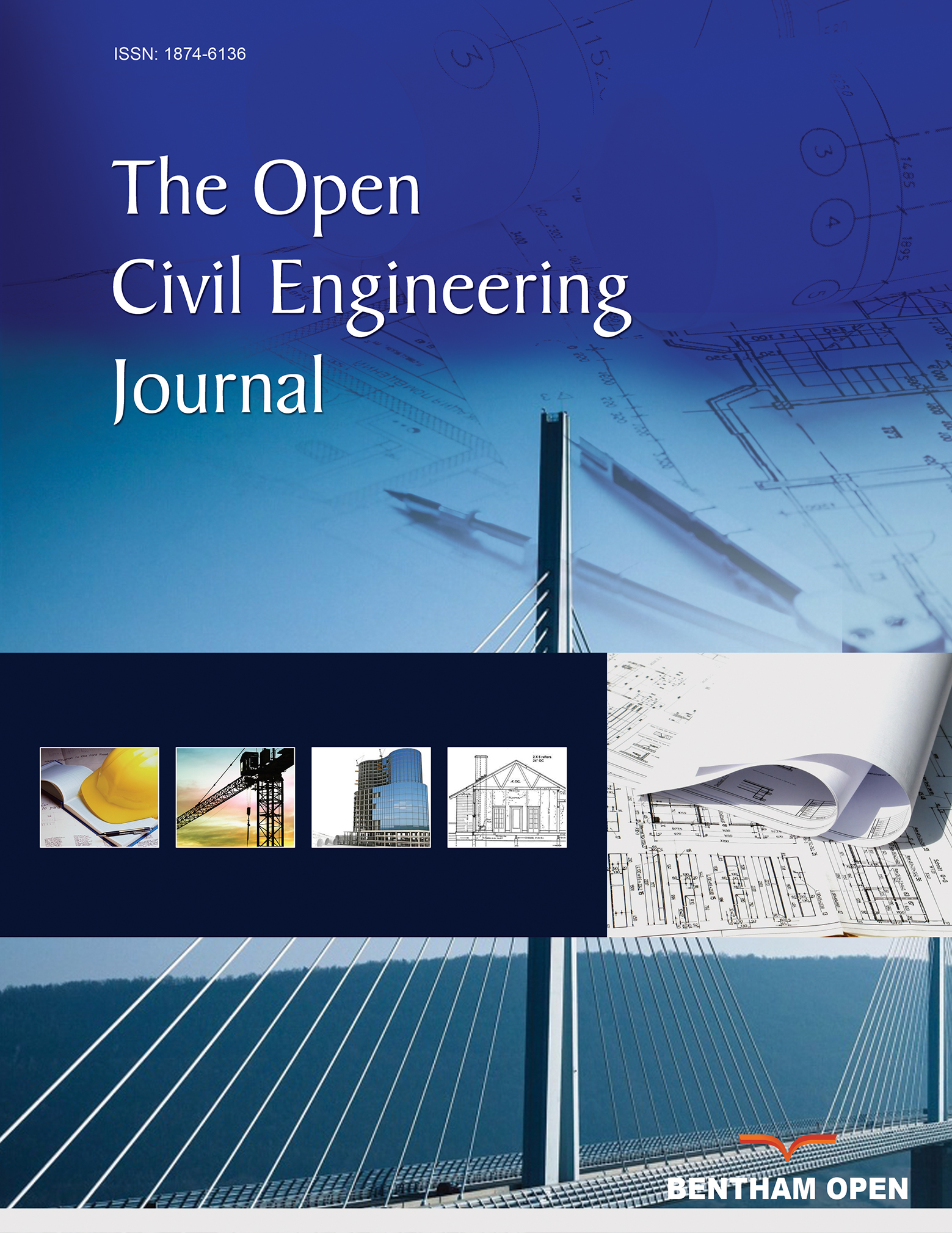All published articles of this journal are available on ScienceDirect.
A New Approach for the Evaluation of Structural Failure by Credibility Distribution
Abstract
Aim:
To devise an effective structural failure analysis approach under uncertainty.
Background:
In reliability evaluation, plenty of factors are uncertain, or sometimes, spontaneously represented via linguistic expressions, and as a consequence, the traditionalist appraisal methods cannot capably handle the ambiguity and vagueness that occurs in reliability assessment components. Subsequently, this leads to the problem of tremendous computationally multifaceted and scanty correctness.
Objective:
To overcome the limitations and to develop efficiency as well as accuracy in structural failure evaluation techniques, an attempt has been made to devise a novel structural reliability assessment method via credibility distribution.
Methods:
To get rid of the problems of massive computationally difficult and inadequate precision, an algorithm has been devised using credibility sampling. To exhibit the novelty, validity, and applicability of the present approach, some structural failure assessment problems are solved along with a comparison with the existing approach.
Results:
The proposed method was verified by four examples and applied in structural analysis. It was observed that the present approach is technically sound and efficient; it can overcome all the drawbacks of the existing approach. Moreover, the approach can be executed in any uncertain situation.
Conclusion:
After evaluation of failure assessment, it is experienced that the increase in the number of simulations leads to better precision. Furthermore, it is encountered that when hybridization problems i.e., representation of imprecise components in the problem of structural failure, are both fuzzy and probabilistic nature, then the failure assessment is attained to be maximum.


